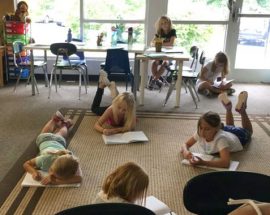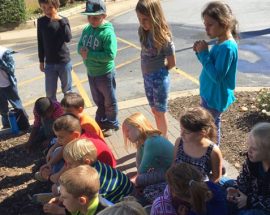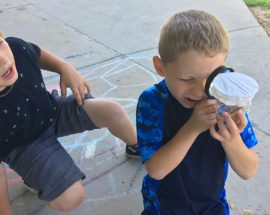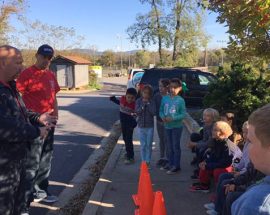My time teaching began as a child. I was trained at age 5 for ABA (Applied Behavior Analysis) therapy to help my two brothers with severe autism. I learned what the psychologists taught my parents and I applied this to help my brothers at home and other life situations. My whole life I have loved teaching and helping others. I always thought I would become an ABA therapist when I grew up but at UNCA I took an intro to education course after friends and faculty encouraged me to. I ended up loving it and absolutely loved being in schools and volunteering. In college, I volunteered with the I Have a Dream Program, a tutoring program located in the public housing projects in Asheville. During my student teaching I became a part time Americorps member and after graduation I served full time. Through Americorps, I have worked with children K to 8th grade from low-income families. This experience taught me how to serve my community and encourage children to reach their full potential, regardless of their home life challenges.
In 2012 I began teaching at Bruce Drysdale Elementary in Hendersonville where I taught 2nd grade for five years. Here, I continued my journey teaching students from low income households. At school I was a member of the PBIS committee (Positive Behavior Initiative Support) and a member of the Math Professional Learning Committee. I conducted observations of my coworkers to give them feedback to make their lessons more engaging and productive. I also went to classrooms and modeled math lessons with the students so the teacher could observe and learn from me. In reading, I co facilitated professional development in reading on written responses and guided reading for teachers in Henderson County.
Now I am so blessed to have the opportunity to teach at TMCS which is a dream environment for kids and teachers. The kids get to experience meaningful learning in expeditions and experience a lot of outdoor time to balance their day with work and play. I absolutely love this school and its initiatives with mindfulness and character building in CREW. I am so excited to be here and facilitate learning for this awesome group of second graders!






